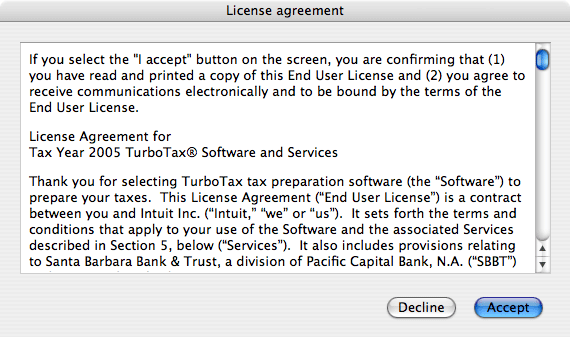MP3.com has the skinny on battery life for portable music players, with this little gem on how much decoding the DRM on purchased music costs you:
Take, for instance, the critically acclaimed Creative Zen Vision:M, with a rated battery life of up to 14 hours for audio and 4 hours for video. CNET tested it at nearly 16 hours, with MP3s–impressive indeed. Upon playing back only WMA subscription tracks, the Vision:M scored at just more than 12 hours. That’s a loss of almost 4 hours, and you haven’t even turned the backlight on yet.
We found similar discrepancies with other PlaysForSure players. The Archos Gmini 402 Camcorder maxed out at 11 hours, but with DRM tracks, it played for less than 9 hours. The iRiver U10, with an astounding life of about 32 hours, came in at about 27 hours playing subscription tracks. Even the iPod, playing back only FairPlay AAC tracks, underperformed MP3s by about 8 percent.
In other words, you pay between 8 and 25% of your battery life for the privilege of not being able to listen to your music where ever you want… now that’s customer service!
(Thanks to Nerfduck for the link!)
Update 3/23/06: Some folks are pointing out that comparing WMA or AAC format with DRM to MP3 isn’t a fair test since it conflates the effect of DRM with the effect of the format itself (a fair test would be to compare WMA with DRM to the same files without DRM). And Ed Felten at Freedom to Tinker comments that regardless of whether the test compares apples to oranges, wouldn’t it be nice if we could choose which fruit we wanted to eat?

